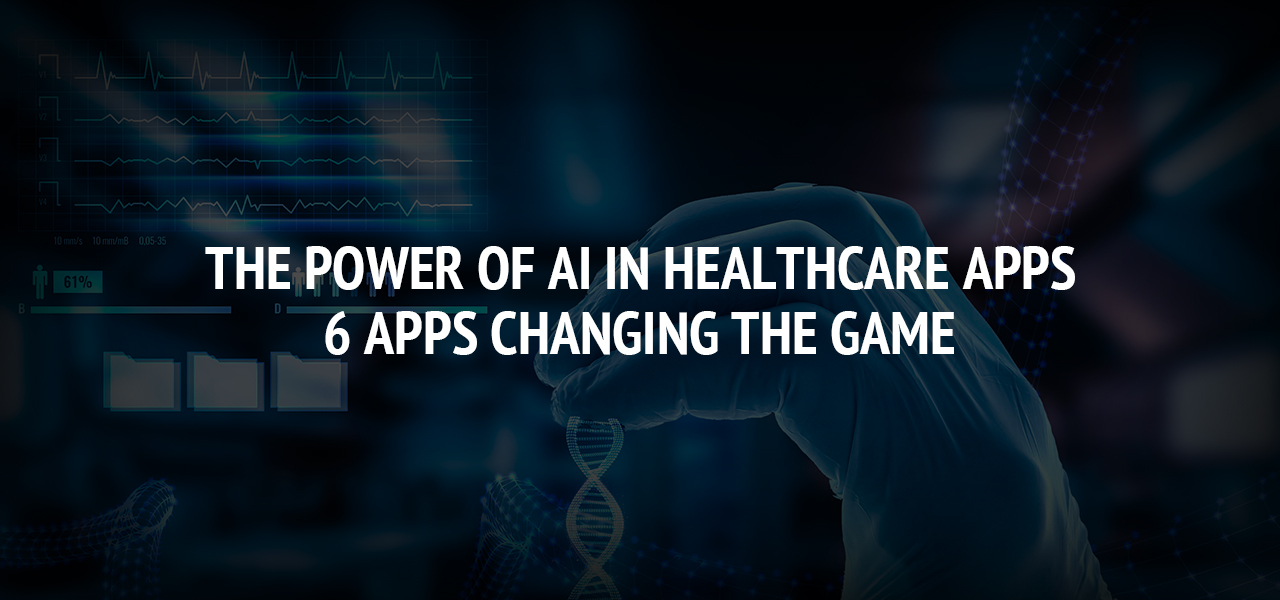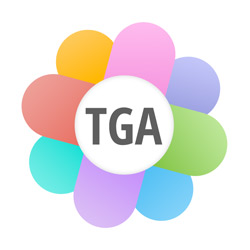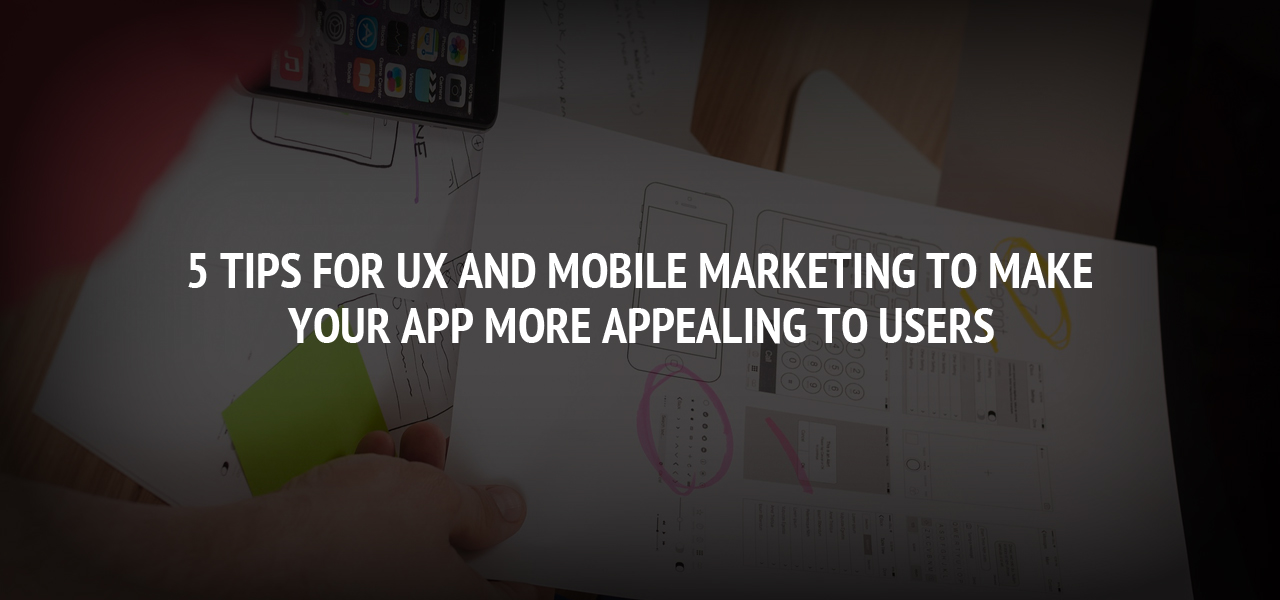The Power of AI in Healthcare Apps: 6 Apps Changing the Game

The inclusion of artificial intelligence (AI) into healthcare applications has enhanced patient care and has also changed the way healthcare staff diagnose and treat several medical illnesses.
As healthcare providers continue to explore the vast potential of AI, many are seeking AI development companies to navigate this transformative journey effectively. These AI development companies offer invaluable insights and strategies for healthcare institutions looking to harness the power of AI to its fullest extent.
This article explores the transformative impact of AI in healthcare apps and highlights six remarkable apps that are changing the game. If you are interested in learning more about healthcare mobile app development, check out our thorough healthcare mobile app development guide.
The Evolution of AI in Healthcare
Before entering into the global marketplace of AI-powered healthcare apps, it's critical to comprehend how AI has evolved in the medical sector. As per the reports of Precedence Research, the global artificial intelligence in healthcare market size is expected to surpass around USD 187.95 billion by 2030.
1. Early AI Applications in Healthcare
In the early stages of AI integration into healthcare, the technology primarily found utility in performing rudimentary tasks such as data analysis and streamlining administrative processes within healthcare institutions.
During this nascent period, AI systems lacked the sophistication necessary to handle the intricacies of complex medical data and engage effectively with patients.
2. Machine Learning and Deep Learning
The advent of machine learning and deep learning algorithms marked a pivotal moment in AI's role within the healthcare sector. These advanced algorithms brought about a revolution by endowing AI systems with the capacity to analyze vast and intricate datasets.
Such capabilities empowered AI to discern intricate patterns within this data, ultimately enabling the technology to make highly accurate predictions. When it comes to helping healthcare professionals with activities like diagnosis and treatment planning, these predictive abilities have shown to be extremely helpful.
3. Natural Language Processing (NLP)
Natural Language Processing (NLP) algorithms constitute another transformative development within the field of AI in healthcare. These algorithms granted AI the ability to comprehend and process human language, thus opening doors to various applications.
In the context of healthcare, NLP has become instrumental in tasks such as medical record analysis, transcription services, and the development of virtual assistants designed to facilitate smoother communication between patients and healthcare providers.
4. Image and Speech Recognition
AI's proficiency in image and speech recognition has ushered in significant improvements in diagnostic accuracy and communication within the healthcare industry. AI systems have been trained to analyze complex medical images, enabling them to identify anomalies and irregularities that might escape human notice.
Additionally, AI's capability to transcribe spoken words accurately has expedited clinical workflows and improved the overall quality of patient-provider interactions.
6 AI-Powered Healthcare Apps: Changing the Game
Here are the 6 Ai powered healthcare apps.
1. Ada Health
Overview:
Ada Health is a revolutionary AI-powered healthcare app that acts as a personal health companion.
It uses machine learning and NLP to provide personalized health assessments based on symptoms, medical history, and risk factors.
Key Features:
Offers personalized health insights and recommendations.
Assists users in understanding their symptoms and potential conditions.
Allows for telemedicine discussions with medical professionals.
Impact:
By delivering timely and reliable information, Ada Health allows individuals to take charge of their health.
It reduces the burden on healthcare systems by offering remote consultations, especially valuable during the COVID-19 pandemic.
2. Zebra Medical Vision
Overview:
Using AI algorithms, Zebra Medical Vision analyzes medical imaging data including X-rays, CT scans, and MRIs.
It additionally helps radiologists identify an extensive number of medical conditions, including cancers and heart disease.
Key Features:
Automated analysis of medical images for abnormalities.
Early detection of diseases through AI-powered screening.
Improved diagnostic accuracy and efficiency.
Impact:
Zebra Medical Vision enhances the speed and accuracy of medical imaging analysis.
It enables early diagnosis, potentially saving lives by initiating treatment at an earlier stage.
3. Clevy.io
Overview:
Clevy.io is a virtual healthcare assistant that leverages AI and NLP to engage with patients and answer medical queries.
It assists healthcare providers in managing patient inquiries and appointments.
Key Features:
Provides instant responses to patient questions.
Schedules appointments and sends reminders.
Streamlines communication between patients and healthcare providers.
Impact:
Clevy.io enhances patient engagement and satisfaction by offering prompt responses.
It frees up healthcare staff to focus on more critical tasks, reducing administrative burdens.
4. Butterfly Network
Overview:
Butterfly Network is a groundbreaking healthcare app that combines AI with portable ultrasound technology.
It enables healthcare professionals to perform ultrasounds using a handheld device connected to a smartphone.
Key Features:
Real-time ultrasound imaging with AI-enhanced analysis.
Easy accessibility in remote or resource-limited areas.
Better portability and cost-effectiveness.
Impact:
The Butterfly Network expands access to medical imaging, especially in impoverished areas.
It reduces the need for expensive and bulky ultrasound machines.
5. Buoy Health
Overview:
Buoy Health is an AI-driven symptom checker and virtual health assistant.
It guides users in understanding their symptoms and recommends appropriate actions, including seeking medical attention.
Key Features:
Symptom analysis and personalized health guidance.
User-friendly interface for self-assessment.
Seamless integration with healthcare providers.
Impact:
Buoy Health empowers users to make informed decisions about their health.
It aids healthcare providers by reducing unnecessary visits and improving triage.
6. Tempus
Overview:
Tempus is a data-driven healthcare platform that uses AI to analyze clinical and molecular data.
It supports oncologists in making personalized treatment decisions for cancer patients.
Key Features:
Genomic sequencing and analysis for targeted therapies.
Predictive analytics for treatment outcomes.
Collaboration between healthcare professionals.
Impact:
Tempus enhances the effectiveness of cancer treatments by tailoring them to individual patients.
It contributes to advancements in precision medicine.
Conclusion
In healthcare apps, artificial intelligence (AI) is being utilized to improve patient care and make healthcare more accessible and efficient. This article merely scratches the surface of artificial intelligence's huge potential in healthcare.
We should expect many more innovative solutions that will change the way we approach healthcare as AI evolves and gains acceptance in the medical industry. The power of AI is closely linked to the future of healthcare. This promises a healthier and more educated society.
We are not only changing the game but also saving lives and improving healthcare quality for people all over the world by harnessing AI capabilities in healthcare apps.
About The Author
Related Blog
View All-
Transform Your Pokémon Ideas into Stunning Artwork with Advanced AI Assistance
Turning your imagination into visual art can often seem difficult for both creators and Pokémon fans. Although many conventional techniques of making art require sophisticated knowledge and tools, new opportunities have been created by current artificial ...
-
5 Tips for UX and Mobile Marketing to Make Your App More Appealing to Users
The design of your app is so important to attract and retain users. Their first impressions will be all about your design, from the user interface and the look and feel to the overall user experience. The approach should always be to put the user first to see an ...







